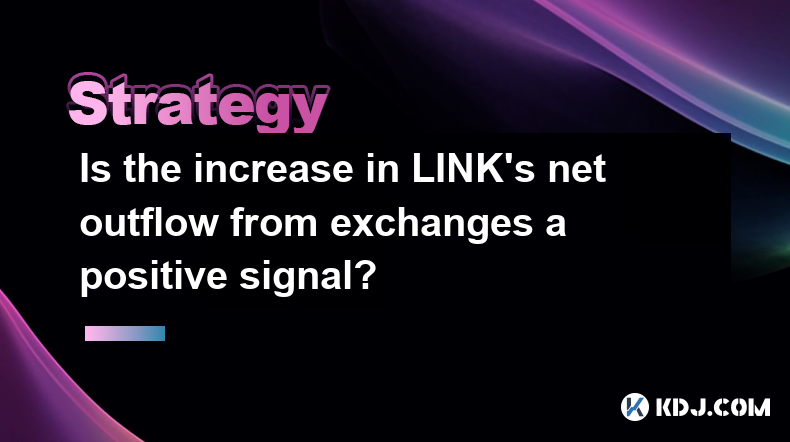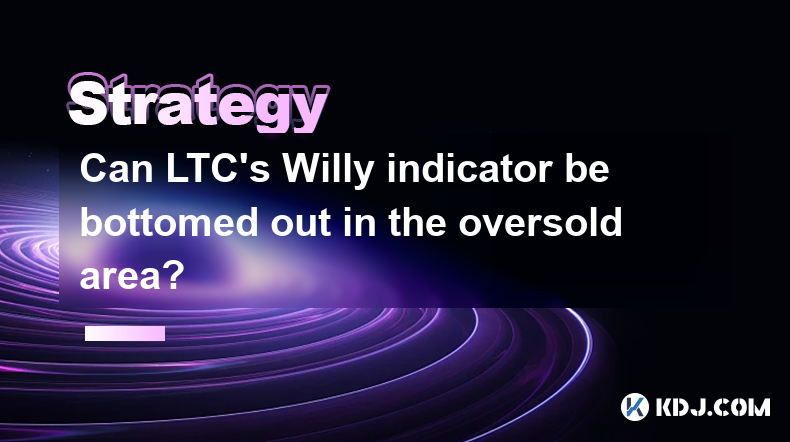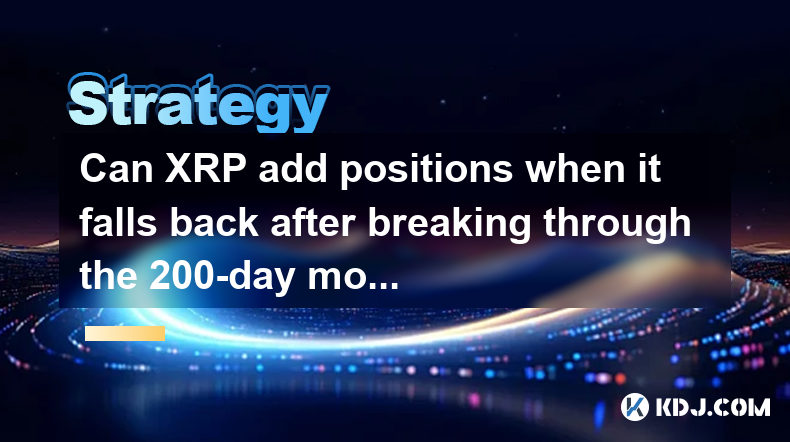-
 Bitcoin
Bitcoin $94,680.6256
1.32% -
 Ethereum
Ethereum $1,796.9641
1.62% -
 Tether USDt
Tether USDt $1.0004
0.00% -
 XRP
XRP $2.1920
0.28% -
 BNB
BNB $601.8534
-0.28% -
 Solana
Solana $151.4492
-0.40% -
 USDC
USDC $1.0000
-0.01% -
 Dogecoin
Dogecoin $0.1865
2.99% -
 Cardano
Cardano $0.7206
1.22% -
 TRON
TRON $0.2437
-0.13% -
 Sui
Sui $3.6345
7.66% -
 Chainlink
Chainlink $15.1032
0.63% -
 Avalanche
Avalanche $22.6059
2.27% -
 Stellar
Stellar $0.2905
5.29% -
 Shiba Inu
Shiba Inu $0.0...01467
4.75% -
 UNUS SED LEO
UNUS SED LEO $9.0806
-1.54% -
 Hedera
Hedera $0.1959
5.05% -
 Toncoin
Toncoin $3.2430
1.37% -
 Bitcoin Cash
Bitcoin Cash $373.6109
5.29% -
 Polkadot
Polkadot $4.2853
0.43% -
 Litecoin
Litecoin $87.5587
4.46% -
 Hyperliquid
Hyperliquid $18.3331
-2.05% -
 Dai
Dai $0.9999
-0.02% -
 Bitget Token
Bitget Token $4.4468
0.28% -
 Ethena USDe
Ethena USDe $0.9996
0.00% -
 Pi
Pi $0.6528
-0.26% -
 Monero
Monero $228.1370
-0.60% -
 Pepe
Pepe $0.0...09510
9.12% -
 Uniswap
Uniswap $5.9326
2.47% -
 Aptos
Aptos $5.5766
2.14%
What altcoins are there to invest in?
Before investing in any altcoin, it is essential to thoroughly research the team, technology, use case, community, and liquidity to assess its potential and risk profile.
Jan 08, 2025 at 01:00 am

Key Points
- Types of Altcoins
- Factors to Consider When Investing in Altcoins
- Researching and Selecting Altcoins
- Managing Risk in Altcoin Investments
- Top Altcoins to Watch (Excluding FTX)
Types of Altcoins
Altcoins can be categorized into several types based on their underlying technology and purpose:
- Stablecoins: Altcoins that are pegged to a fiat currency (e.g., US dollar) or a commodity like gold to maintain a stable value.
- Utility tokens: Altcoins that provide access to specific products or services on a blockchain platform.
- Security tokens: Altcoins that represent ownership or rights in real-world assets, such as real estate or equities.
- Governance tokens: Altcoins that grant voting rights to holders, allowing them to participate in the governance of a specific project.
- Meme coins: Altcoins that gain popularity and value through social media hype and speculation.
Factors to Consider When Investing in Altcoins
Before investing in any altcoins, it is crucial to evaluate them carefully and consider the following factors:
- Team and development: Examine the team behind the altcoin project, their experience, and roadmap.
- Technology: Analyze the underlying blockchain technology, its scalability, security, and potential for adoption.
- Use case and market demand: Assess the real-world utility and market demand for the altcoin.
- Community and hype: Consider the size and activity of the altcoin's community, as well as the level of hype and speculation surrounding it.
- Liquidity: Ensure the altcoin has sufficient liquidity on exchanges to allow for easy buying and selling.
- Risk tolerance: Altcoins can be highly volatile, so determine your risk tolerance and invest accordingly.
Researching and Selecting Altcoins
To select the best altcoins for investment, follow these steps:
- Identify promising sectors: Focus on altcoins in growing sectors with strong fundamentals, such as DeFi, NFTs, and smart contracts.
- Screen altcoins: Use reputable platforms like CoinMarketCap and CoinGecko to shortlist altcoins based on market cap, trading volume, and technical indicators.
- Conduct deep research: Dive into the whitepaper, team, technology, and community of each altcoin you consider.
- Monitor market trends: Keep track of market movements, news, and analysis to identify promising altcoins with the potential for growth.
- Consider portfolio diversification: Spread your altcoin investments across multiple coins to mitigate risk and maximize returns.
Managing Risk in Altcoin Investments
- Set stop-loss orders: Limit potential losses by placing stop-loss orders to automatically sell altcoins at a predetermined price.
- Use limit orders: Protect against price volatility by placing limit orders to buy or sell altcoins at specific prices.
- Hold for the long term: Altcoins can experience significant fluctuations, so consider investing for the long term to weather short-term volatility.
- Dollar-cost averaging: Invest regular amounts over time to reduce the impact of market timing.
- Rebalance your portfolio: Periodically review and adjust your altcoin portfolio to maintain your desired risk-return balance.
Top Altcoins to Watch (Excluding FTX)
- Ethereum (ETH): The second-largest cryptocurrency, a platform for smart contracts and decentralized applications.
- Binance Coin (BNB): The native token of the Binance ecosystem, used for trading fees, staking, and participating in governance.
- Cardano (ADA): A proof-of-stake blockchain with a focus on security, scalability, and decentralized governance.
- Solana (SOL): A high-performance blockchain designed for scalability, featuring fast transaction speeds and low fees.
- Polkadot (DOT): A protocol that connects multiple blockchain networks, enabling cross-chain interoperability.
FAQs
Q: What are the risks of investing in altcoins?
A: Altcoins can be highly volatile and risky, with potential for significant price fluctuations, regulatory uncertainty, and scams.
Q: How do I research altcoins?
A: Conduct thorough research by reading whitepapers, analyzing team profiles, monitoring market data, and engaging with project communities.
Q: What is portfolio diversification and why is it important for altcoin investments?
A: Portfolio diversification involves spreading investments across multiple altcoins to reduce risk. It helps mitigate the impact of price fluctuations in any single altcoin.
Q: What strategies can I use to manage risk in altcoin investments?
A: Employ stop-loss orders, limit orders, dollar-cost averaging, and periodic portfolio rebalancing to limit potential losses and protect your investments.
Q: Are there promising altcoins outside the top 10 cryptocurrencies?
A: Yes, numerous altcoins in various sectors, such as DeFi, NFTs, and blockchain infrastructure, have potential for growth and innovation. Conduct research to identify opportunities beyond the top 10.
Disclaimer:info@kdj.com
The information provided is not trading advice. kdj.com does not assume any responsibility for any investments made based on the information provided in this article. Cryptocurrencies are highly volatile and it is highly recommended that you invest with caution after thorough research!
If you believe that the content used on this website infringes your copyright, please contact us immediately (info@kdj.com) and we will delete it promptly.
- Cardano (ADA) Price Eyes a Massive Bull Run Amid Looming Supply Squeeze
- 2025-04-26 12:05:13
- Is the crypto market chasing noise, or finally ready to reward substance?
- 2025-04-26 12:05:13
- CoinFerenceX, the world's first decentralized Web3 conference, is back in Dubai on April 28, 2025
- 2025-04-26 12:00:26
- Optimism (OP) price prediction 2025-2031: Can OP reach $10?
- 2025-04-26 12:00:26
- Stacks (STX) Price Surges by 16% but Underlying Market Sentiment Suggests a Correction May Be on the Horizon
- 2025-04-26 11:55:13
- Circle firmly denies rumors suggesting it plans to apply for a US banking license
- 2025-04-26 11:55:13
Related knowledge

What does the surge in SOL's cross-chain bridge inflows represent?
Apr 25,2025 at 09:00am
The recent surge in SOL's cross-chain bridge inflows represents a significant trend within the cryptocurrency ecosystem, particularly for Solana (SOL). This phenomenon highlights increased activity and interest in moving assets from other blockchains to Solana, indicating growing confidence in its network and ecosystem. Cross-chain bridges are essential...

Is the increase in LINK's net outflow from exchanges a positive signal?
Apr 24,2025 at 02:35pm
The recent increase in LINK's net outflow from exchanges has sparked discussions within the cryptocurrency community about its implications for the token's future performance. LINK, the native token of the Chainlink decentralized oracle network, has seen a notable shift in its net outflow from exchanges, which many interpret as a positive signal. This a...

Is LTC's UTXO age distribution useful for judging buying and selling points?
Apr 23,2025 at 05:42pm
Is LTC's UTXO age distribution useful for judging buying and selling points? Understanding the UTXO (Unspent Transaction Output) age distribution of Litecoin (LTC) can provide valuable insights into the behavior of its holders and potentially help in making informed decisions about buying and selling points. The UTXO age distribution refers to the age o...

How to use trading volume to determine the buying and selling timing of LINK?
Apr 25,2025 at 02:07am
How to Use Trading Volume to Determine the Buying and Selling Timing of LINK? Trading volume is a crucial metric in the cryptocurrency market that can provide valuable insights into the buying and selling behavior of traders. When it comes to Chainlink (LINK), understanding how to analyze trading volume can help you make more informed decisions about wh...

Can LTC's Willy indicator be bottomed out in the oversold area?
Apr 24,2025 at 01:43pm
Understanding the Willy IndicatorThe Willy indicator, also known as the Willy ratio, is a technical analysis tool used in the cryptocurrency market to gauge the sentiment of a particular asset, in this case, Litecoin (LTC). It is calculated by dividing the total trading volume of an asset by its market capitalization. The resulting ratio helps traders u...

Can XRP add positions when it falls back after breaking through the 200-day moving average?
Apr 25,2025 at 04:49pm
The question of whether to add positions to XRP after it breaks through the 200-day moving average and subsequently falls back is a common dilemma faced by many cryptocurrency traders. The 200-day moving average is a widely recognized technical indicator used to assess the long-term trend of an asset. When XRP breaks above this level, it is often seen a...

What does the surge in SOL's cross-chain bridge inflows represent?
Apr 25,2025 at 09:00am
The recent surge in SOL's cross-chain bridge inflows represents a significant trend within the cryptocurrency ecosystem, particularly for Solana (SOL). This phenomenon highlights increased activity and interest in moving assets from other blockchains to Solana, indicating growing confidence in its network and ecosystem. Cross-chain bridges are essential...

Is the increase in LINK's net outflow from exchanges a positive signal?
Apr 24,2025 at 02:35pm
The recent increase in LINK's net outflow from exchanges has sparked discussions within the cryptocurrency community about its implications for the token's future performance. LINK, the native token of the Chainlink decentralized oracle network, has seen a notable shift in its net outflow from exchanges, which many interpret as a positive signal. This a...

Is LTC's UTXO age distribution useful for judging buying and selling points?
Apr 23,2025 at 05:42pm
Is LTC's UTXO age distribution useful for judging buying and selling points? Understanding the UTXO (Unspent Transaction Output) age distribution of Litecoin (LTC) can provide valuable insights into the behavior of its holders and potentially help in making informed decisions about buying and selling points. The UTXO age distribution refers to the age o...

How to use trading volume to determine the buying and selling timing of LINK?
Apr 25,2025 at 02:07am
How to Use Trading Volume to Determine the Buying and Selling Timing of LINK? Trading volume is a crucial metric in the cryptocurrency market that can provide valuable insights into the buying and selling behavior of traders. When it comes to Chainlink (LINK), understanding how to analyze trading volume can help you make more informed decisions about wh...

Can LTC's Willy indicator be bottomed out in the oversold area?
Apr 24,2025 at 01:43pm
Understanding the Willy IndicatorThe Willy indicator, also known as the Willy ratio, is a technical analysis tool used in the cryptocurrency market to gauge the sentiment of a particular asset, in this case, Litecoin (LTC). It is calculated by dividing the total trading volume of an asset by its market capitalization. The resulting ratio helps traders u...

Can XRP add positions when it falls back after breaking through the 200-day moving average?
Apr 25,2025 at 04:49pm
The question of whether to add positions to XRP after it breaks through the 200-day moving average and subsequently falls back is a common dilemma faced by many cryptocurrency traders. The 200-day moving average is a widely recognized technical indicator used to assess the long-term trend of an asset. When XRP breaks above this level, it is often seen a...
See all articles






















![Trading is to follow [Review Video] Gold Bitcoin Crude Oil Orders Make Profits! Trading is to follow [Review Video] Gold Bitcoin Crude Oil Orders Make Profits!](/uploads/2025/04/26/cryptocurrencies-news/videos/trading-follow-review-video-gold-bitcoin-crude-oil-profits/image-1.webp)































































